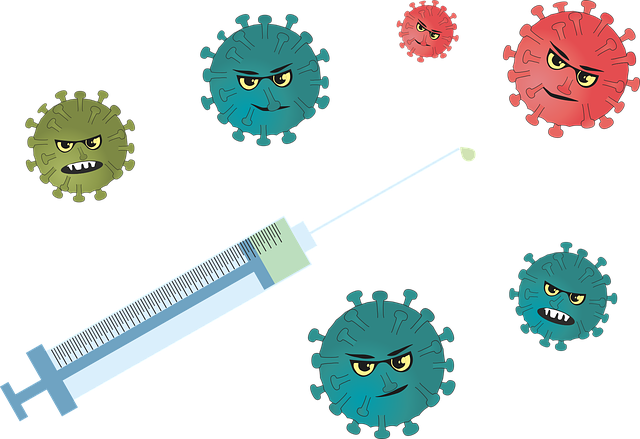Shingles, also known as herpes zoster, is a painful rash that develops on one side of the body.
It is caused by the same virus that causes chickenpox, and those who have had chickenpox are at risk of developing shingles later in life.
One way to prevent shingles is through vaccination.

Table of Contents
ToggleWhat is the Shingles Vaccine?
The shingles vaccine, also known as the herpes zoster vaccine, is a shot that contains a weakened form of the virus that causes shingles.
When injected, the body’s immune system recognizes the virus as a foreign invader and produces antibodies to fight it.
If the person is exposed to the virus later, their immune system will be better prepared to fight the virus, reducing the risk of developing shingles or experiencing severe symptoms.
Who Should Get the Shingles Vaccine?
The Centers for Disease Control and Prevention (CDC) recommends that adults aged 50 years and older get the shingles vaccine, even if they have had shingles before.
This is especially important for those who are at high risk for developing shingles, such as those with weakened immune systems or those who are under a lot of stress.
When Should I Get Vaccinated?
The shingles vaccine is given as a two-dose series, with the second dose given two to six months after the first dose.
It’s important to get both doses to ensure maximum protection against shingles.
The CDC recommends getting vaccinated at age 50 or older, but it’s never too late to get vaccinated, even if you’ve already had shingles.
Talk to your doctor about when the best time is for you to get vaccinated.
Is the Shingles Vaccine Effective?
The shingles vaccine is highly effective at reducing the risk of developing shingles and postherpetic neuralgia (PHN), a common complication of shingles that causes long-lasting nerve pain.
In clinical trials, the vaccine reduced the risk of developing shingles by about 90% and the risk of developing PHN by about 66%.
Even if you do develop shingles after getting vaccinated, the vaccine can help reduce the severity and duration of symptoms.
Are There Side Effects?
Like all vaccines, the shingles vaccine can cause some side effects such as soreness at the injection site, fever, and headache.
However, these side effects are usually mild and go away on their own within a few days.
In rare cases, more serious side effects such as an allergic reaction can occur.
It’s important to talk to your doctor if you have any concerns about getting vaccinated.
In conclusion
Getting vaccinated against shingles is a safe and effective way to prevent this painful and potentially debilitating condition.
The CDC recommends that adults aged 50 years and older get vaccinated, even if they have had shingles before.
Talk to your doctor about getting vaccinated and protecting yourself from shingles.
